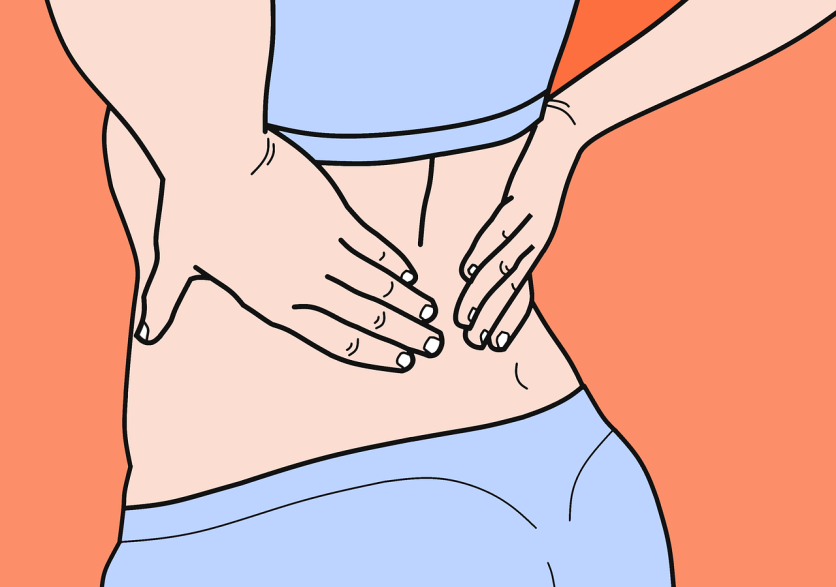The United Kingdom is celebrating National Stress Awareness Week from Nov. 4 to 8, while the United States typically celebrate National Stress Awareness Month during April. Regardless of whether it's stress awareness month/week or not, we should be wary of how stressed we are and if we're experiencing more than what we realize.
What triggers stress?
Stress can be triggered by many different factors: deadlines, unending chores and workload, extreme heavy traffic, financial instability, lack of sleep, work exhaustion, and more.
Although stress is a common occurrence, it's not something we should take lightly as it could trigger more health issues, both mental and physical.
Signs of stress
Metro has provided unexpected signs that say you're experiencing more stress than you realize, and that you need a break from tedious tasks and environment.
Psychological signs of stress include the following:
Difficulty in remembering and focusing
Easily distracted
Inability to concentrate and make decisions
Worrying
Negative thinking
Insomnia
Feeling less creative than usual
Depression
Anxiety
Clumsiness
Feeling tired despite a long night's sleep
Emotional signs of stress:
Mood swings
Feeling irritable
Extra sensitivity to criticisms
Lack of confidence
Lack of motivation
Frustration and anger
Always tearful
Feeling of being defensive
Feeling like you can't control things
Behavioral signs:
Poor time management
Being reckless
Increased dependence on alcohol, smoking, and caffeine
Using illegal drugs
Telling lies
Anxiousness
Change in appearance
Withdrawing socially
Anger outbursts
Poor work standard
There are also physical signs attributed to too much stress, and these are the more dangerous ones as we typically shrug them off, saying it might be due to other factors and not stress.
That said, here are physical signs of extreme stress:

Muscle tensions
Body pains and aches
Skin irritations/rashes/allergies
Sore jaw in the morning from grinding your teeth
Nausea
Dizziness
Change in bowel movement
Change in period
Panic attacks
Lack of libido
Ulcers
Heartburn and indigestion
Feeling pins and needles
Rapid change in weight
Feeling a lump in your throat
How to combat stress
Stress is unavoidable, but there's a good kind of stress that allows your body to improve its cognitive function, according to the Open Access Government. But these are small doses of stress that is far from the extreme stress that can directly impact both our physical and mental health.
Healthline suggested that getting more exercise is one of the best ways that can help us combat stress while meditating and mindfulness is one of WebMD's answers against extreme stress.
ⓒ 2025 TECHTIMES.com All rights reserved. Do not reproduce without permission.




